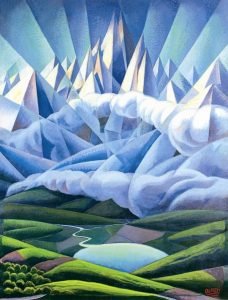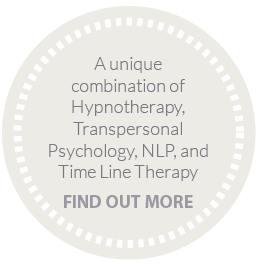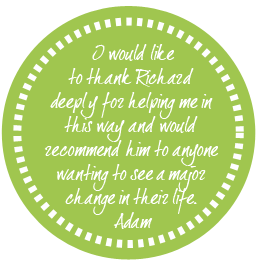“Small and hidden is the door that leads inward, and the entrance is barred by countless prejudices, mistaken assumptions and fears.”
Sage words from Carl Jung, words founded on the hard-earned experience of exploring his own inner  landscape.
landscape.
The door that leads inwards is that cultivating of self-knowledge through awareness, awareness of those unconscious patterns of being and doing that are, perhaps, a little too easy to default to. The past after all is generally a familiar place, and so are those old tendencies of character that can, at the most inopportune – and unguarded – of moments cause chaos and misery, for ourselves and for others we share our lives with. An invitation to recognise and walk through that door often comes during such times, when the common beliefs we have about ourselves, of our motivations and agendas are rocked by what seem disharmonious, incongruent acting out.
We might be shocked by how unconsciously dead set against we actually are towards something, an echo of an old self not integrated in the present. It is usually other people calling us out, speaking truth to those unconscious parts of ourselves that really needed airing. Uncomfortable, though necessary for our personal evolution.
The sooner we become acquainted with those inner images, their motives and desires, the less likely we’ll act out, as Fate. Instead we begin to play out a different story. We deliberate, consider what choices and consequences those choices may lead to. We take responsibility for our own path, deviating from conditioned patters towards new possibilities.
We move from the known to the unknown, through that small, hidden door.



